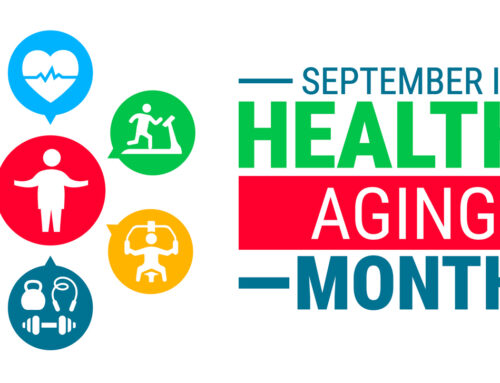Maybe you want to live closer to your children or somewhere with a warmer climate or you are simply interested in downsizing. Whatever the reason, many retirees and/or seniors find themselves contemplating a move. But should you buy or rent your next property and what are the pros and cons with each choice? FirstLantic , in Home Healthcare has created a helpful guide that will give you all of the necessary information to help you make an informed decision.
1. Location is everything
Depending on where you are planning to relocate can make all the difference in whether it makes more sense to buy or rent. In highly lucrative real estate markets like New York or Los Angeles, you may be better off renting. An easy way to see what makes more sense is to use a rent vs buy calculator and a home affordability map. If you are over 60, and in a market where real estate prices are high, it may be better financially to hold on to your cash and rent.
2. There is more than one type of home
When you are considering buying or renting, you should also think about the type of property that will be best suited to your lifestyle as you age. Condos, retirement communities and townhouses are all options to consider if you want the benefits of ownership without some of the maintenance involved like repairing the roof or trimming the trees. You also might be able to take advantage of amenities such as a pool or a golf course that might be cost prohibitive if you were buying a single-family home. On the other hand, there are some additional costs that you might have to consider like monthly maintenance fees, emergency assessment costs etc. that might make it less affordable than at first glance.
3. Tax benefits
One advantage of owning is that you qualify for tax benefits. For example, for a couple that files jointly and itemizes, they can deduct interest on a mortgage that is up to $750,000 (down from 1 million) and on property taxes up to $10,000 (down from 20,000) previously. Depending on the price of real estate and taxes in the area where you are buying, this may be enough of a tax savings to make your investment in owning a home pay off. You can use a deduction calculator to get a precise number and refer to this guide for other deductions.
4. Other considerations
Some other things you may want to think about are whether you want to be tied down with a house when you are retired. For those with wanderlust, you may want the option of moving to Mexico for a year to study Spanish or relocate to an island in the Caribbean and become a beach bum. When you rent, you have more flexibility to pick up and move or travel without the worry of a pipe bursting while you are on the road. On the other hand, you may have looked forward to retiring so you could spend more time with family and friends, and you can finally host that annual reunion or have the grandkids come for an extended stay in the summer. However, having some space and privacy in your own home might also make entertaining the grandkids a whole lot more enjoyable.
The bottom line is that the decision as to whether to rent or buy is very personal, and it can be affected by many different factors. You may want to consider getting some professional advice to determine what is best for you and your family. You can speak with a real estate or tax attorney or even a senior real estate specialist (SRES) who is specifically trained for the challenges that clients age fifty and over face. They also can connect you will related-specialists in fields such as estate planning and tax counseling. Whatever you decide to do, remember the most important thing of all — home is where the heart is.
Other Resources
 AVAILABLE 24 HOURS A DAY/7 DAYS A WEEK
AVAILABLE 24 HOURS A DAY/7 DAYS A WEEK Careers
Careers







